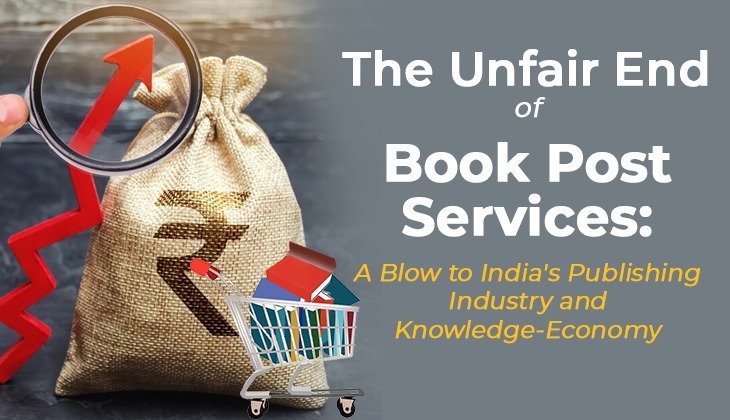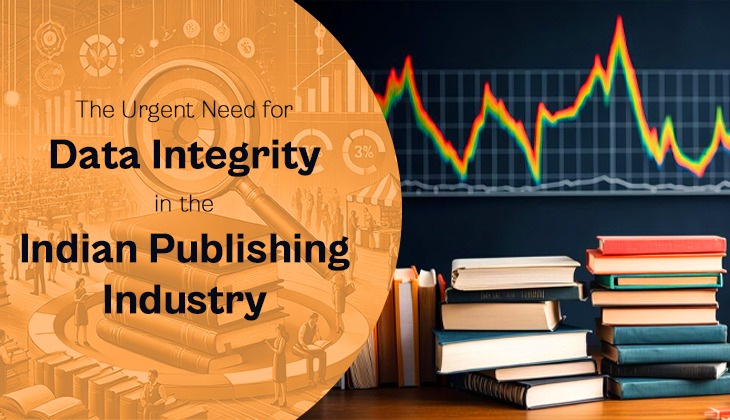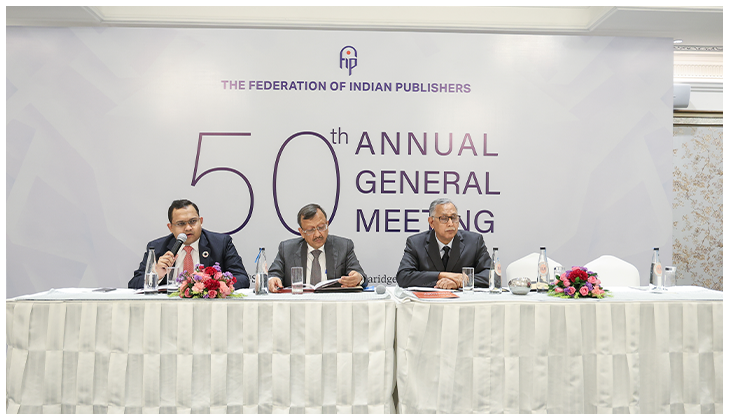After extensive research as a by-product of having worked in the publishing domain for decades altogether, I have discovered that copyright, a type of intellectual property law, protects original works of authorship, including poetry, books, movies, songs, computer software, and architectural works as well as theatrical, musical, and aesthetic works. Copyright safeguards the rights of writers and publishers to their creative works. This encourages authors to create new works by assuring them that they will be rightfully reimbursed for their efforts. Thus, the significance of this law cannot be understated by any means. By facilitating the ability to build upon the work of others in an ethical manner, copyright also promotes the dissemination of ideas and concepts. In the academic sphere, the primary purpose of copyright is to advance science and the useful arts by safeguarding authors’ rights to financial benefits for their hard work and ingenuity.
Similarly, copyright protection is crucial because it encourages creativity and allows the creator to make a living off their work. Copyright law can be an essential tool for publishers to protect the value of the creative works that they invest in and distribute. This Act gives copyright holders a number of exclusive rights in their works, including the right to make copies, distribute copies, prepare derivative works, and in some cases, to perform or display their works publicly. These exclusive rights allow copyright holders to control how their works are used, which is central to the protection of the products of the creative process that goes into birthing these pieces. Furthermore, there are other justifications for why copyright is significant in the publishing industry. One justification is that it might aid in preventing plagiarism in a piece of writing. Furthermore, copyright can contribute to ensuring that a piece of work is not modified without consent, preventing individuals from unlawfully modifying someone else’s original concept.
Thus, copyright is the most critical protection for writers as most of their work falls under the umbrella of intellectual property. It is what gives the author the exclusive right to reproduce their work and to sell those reproductions. Copyright is also what allows an author to control who can make derivative works, such as translations or dramatisations, of their original copyrighted work. Finally, in my opinion, the most important fact to note here is that copyright can prevent someone from unfairly profiting from an author and publisher’s hard work, such as by selling unauthorised copies of their work, which is a rampant practice these days.
Yet, these laws are not without loopholes, and those gaps are heavily exploited by content pirates across domains. This unlawful usage/exploitation of existing laws is called copyright infringement, which occurs when there is unauthorised use of copyrighted material. Copyright infringement is often committed by copying, distributing, or performing someone else’s work without their permission. Copyright infringement can also occur when someone alters, transforms, or makes a derivative work from someone else’s copyrighted work.
Yet, an unrecognised practice in the same breadth occurs when well-meaning stakeholders in the realm of academia overstep the bounds of fair use to make sure that learners and scholars are getting the information that they need at zero cost. Some educators mistakenly believe that anything that is not behind a paywall must be free to use. This is not the case. This indicates the usage and photocopying of copyrighted materials without the consent of the copyright owner. This, in every sense of the word, is an unlawful act and needs to be looked into by governments across the globe as it dampens the zeal of researchers to produce original material.
Similarly, the protection of copyright is essential for national development because it encourages creativity, innovation and the dissemination of knowledge while being an influential tool for protecting and promoting the interests of creators and investors. Copyright also incentivises creativity and innovation, which is essential for the development of a knowledge-based economy as it creates a form of intellectual property that can be exchanged and generate wealth. This further allows for the free flow of information and ideas between creators and the public, which is essential for the progress of science and the useful arts. Finally, copyright also helps to ensure that works are preserved and accessible for future generations in the most ethical manner possible.
Nonetheless, if we look closely, we realise that the digital age has created new challenges for copyright law. The internet has made it easier for people to access and share copyrighted works without the permission of the copyright holder. This has led to an increase in the volume of production of pirated works and an increase in copyright infringement. Thus, stronger copyright laws are required in the digital age in order to give copyright holders more control over how their works are used and to ensure that they are compensated for the use of their works.
As the Secretary-General of the IRRO, Joint Secretary of the FIP, and Executive Committee Member of the International Publishers Association (IPA), I have been a fierce supporter of copyright infringement prevention in its most potent form. As a result, I’ve been intimately associated with IRRO, a copyright society founded in 2000 under Section 33 of the Copyright Act, 1957, and which follows in the footsteps of IPA’s primary goal of copyright preservation and enforcement. Through it, I have worked relentlessly to safeguard the creative rights of pivotal stakeholders in the Indian publishing landscape.



